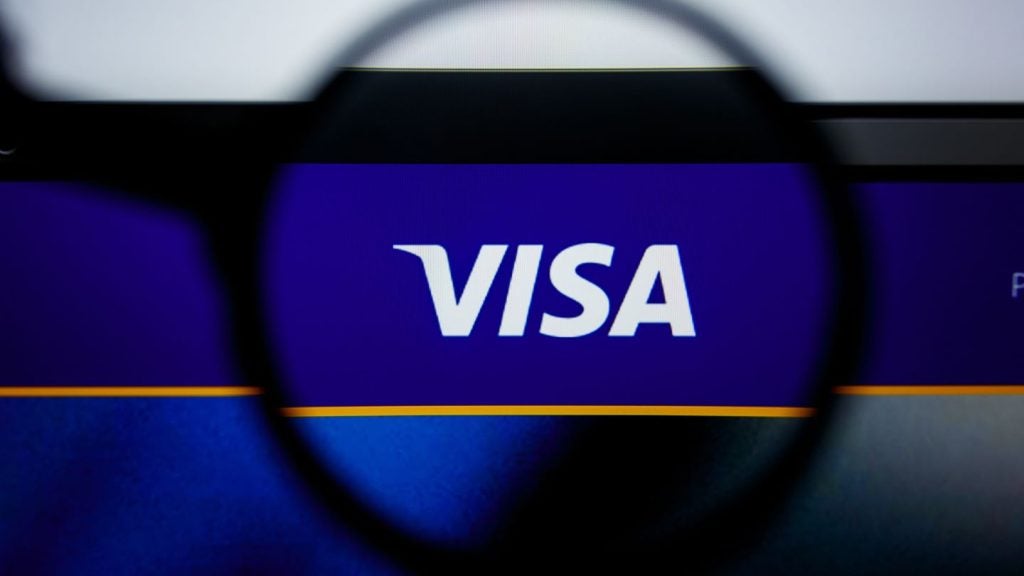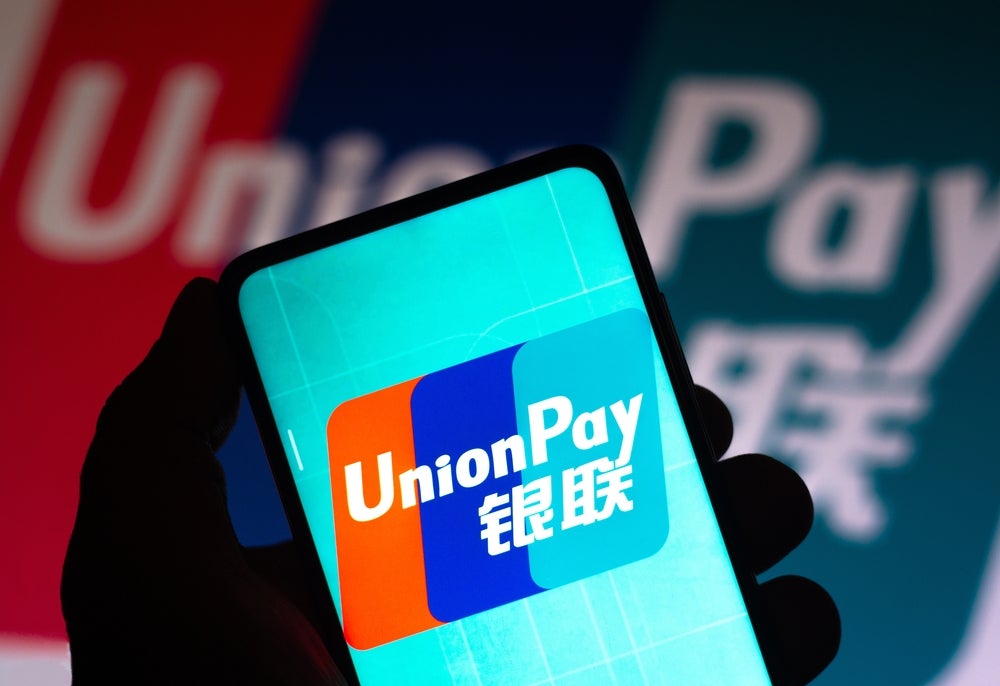The unbanked consumer segment is often identified as a prime
target market for prepaid cards, and now the world’s largest
retailer, Wal-Mart, is teaming up with its financial partner, GE
Money, to launch a prepaid card aimed at its unbanked US
customers.
The Visa-branded Wal-Mart MoneyCard will be a major expansion of
Wal-Mart’s financial services for mostly low-income customers – an
estimated 28 million US residents do not have a bank account, and
many of them are regular shoppers at Wal-Mart.
According to Wal-Mart employees who have spoken about the
product, it will be marketed to everyone who shops at Wal-Mart and
also be available online. This represents a vast pool of potential
cardholders, particularly among unbanked US consumers.
Wal-Mart’s move into prepaid comes a few months after it
withdrew its application for a banking licence (see box).
The retailer is now aggressively pushing its financial services
business, such as its MoneyCenters which offer low-cost cheque
cashing and money transfer services. Wal-Mart is to market the
prepaid cards to customers as a form of bank account to access a
range of financial services.
According to Visa estimates, US workers without bank accounts
spend more than $300 a year in cheque-cashing fees, which can be
reduced to $130 using a prepaid card.
Although the cards have not yet been rolled out on a nationwide
basis, a website (http://www.walmartmoneycard.com/)
details the card’s features and pricing structure. The cardholder’s
name will be embossed on the card and the cardholder’s personal
information will be kept on record. The card will be modelled on
the existing Visa prepaid card, which allows cardholders to have
their salaries deposited onto the card and to top it up at a range
of locations, including supermarkets and convenience stores.
How well do you really know your competitors?
Access the most comprehensive Company Profiles on the market, powered by GlobalData. Save hours of research. Gain competitive edge.

Thank you!
Your download email will arrive shortly
Not ready to buy yet? Download a free sample
We are confident about the unique quality of our Company Profiles. However, we want you to make the most beneficial decision for your business, so we offer a free sample that you can download by submitting the below form
By GlobalDataThe level of fees for the Wal-Mart card has raised some eyebrows
among industry analysts, given the size of Wal-Mart and the
low-income consumers it is targeting. For instance, pay cheque
loading will cost $3 per load, while cash loads are $4.64 each and
ATM withdrawals are $1.95. Excluding direct deposits from
employers, the minimum amount that may be loaded in a single reload
is $20 and the maximum amount that may be loaded onto a card in a
single reload is $1,100. The maximum amount that may be loaded onto
a card in one day is $2,500, and the card balance can never exceed
$3,000 at any time.
Wal-Mart is expected to offer incentives to support the
expansion of its branded prepaid card, which could come in the form
of merchandise or fuel purchase discounts as with Wal-Mart’s credit
card programmes on the Discover network.
A few major US retailers, such as Safeway, already offer prepaid
Visa cards, but Wal-Mart’s move is bound to reach a much larger
number of customers and, given that the card is reloadable, it will
mean an increase in spending and volumes at Wal-Mart. US research
consultancy Aite Group predicts purchases made with network-branded
prepaid cards will rise from $14 billion in 2005 to an estimated
$38 billion in 2007.
ILC woes for Wal-Mart
The industrial loan company (ILC) fight in the US has moved from
the boardroom to the halls of Congress.
In late May, the House of Representatives passed the Industrial
Bank Holding Company Act of 2007. It would prohibit companies with
less than 85 percent of revenue generated from financial services
from owning or operating ILCs, thereby preventing almost all
retailers and other commercial entities from operating industrial
banks.
Wal-Mart’s application for an ILC generated fierce opposition
from banks, regulators and consumer rights activists. The retailer
withdrew its application in March, citing the controversy.








